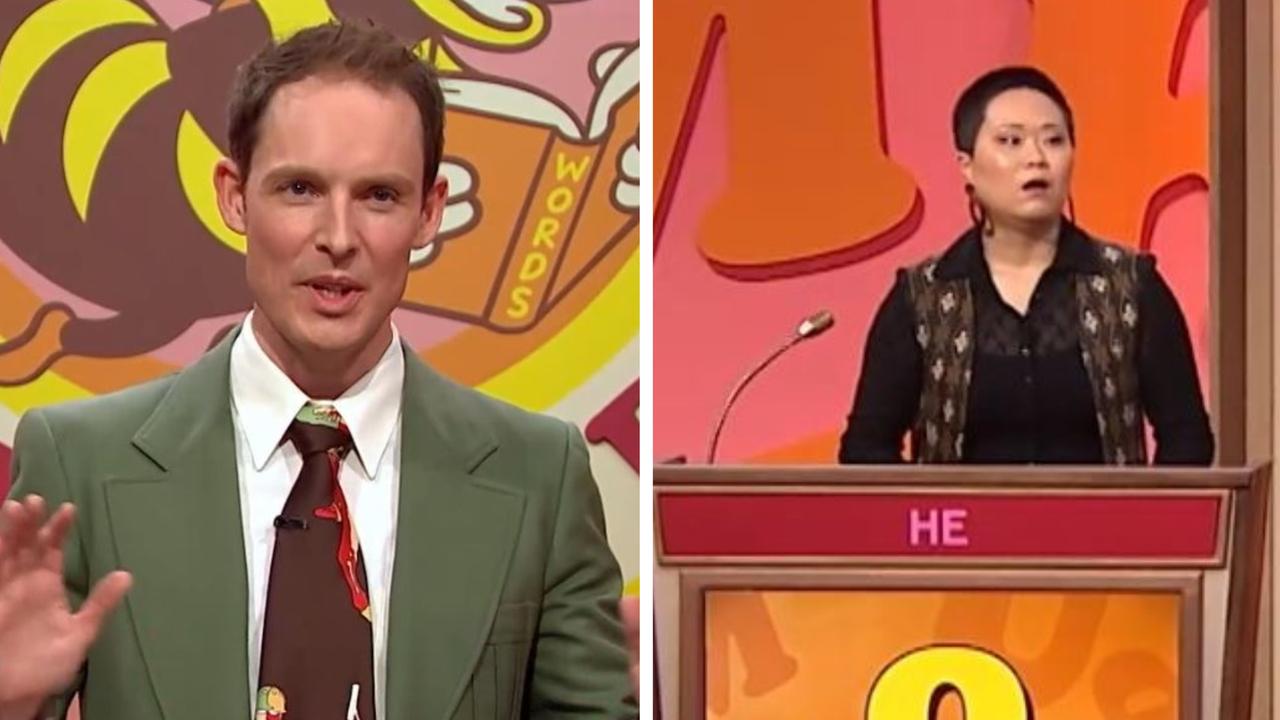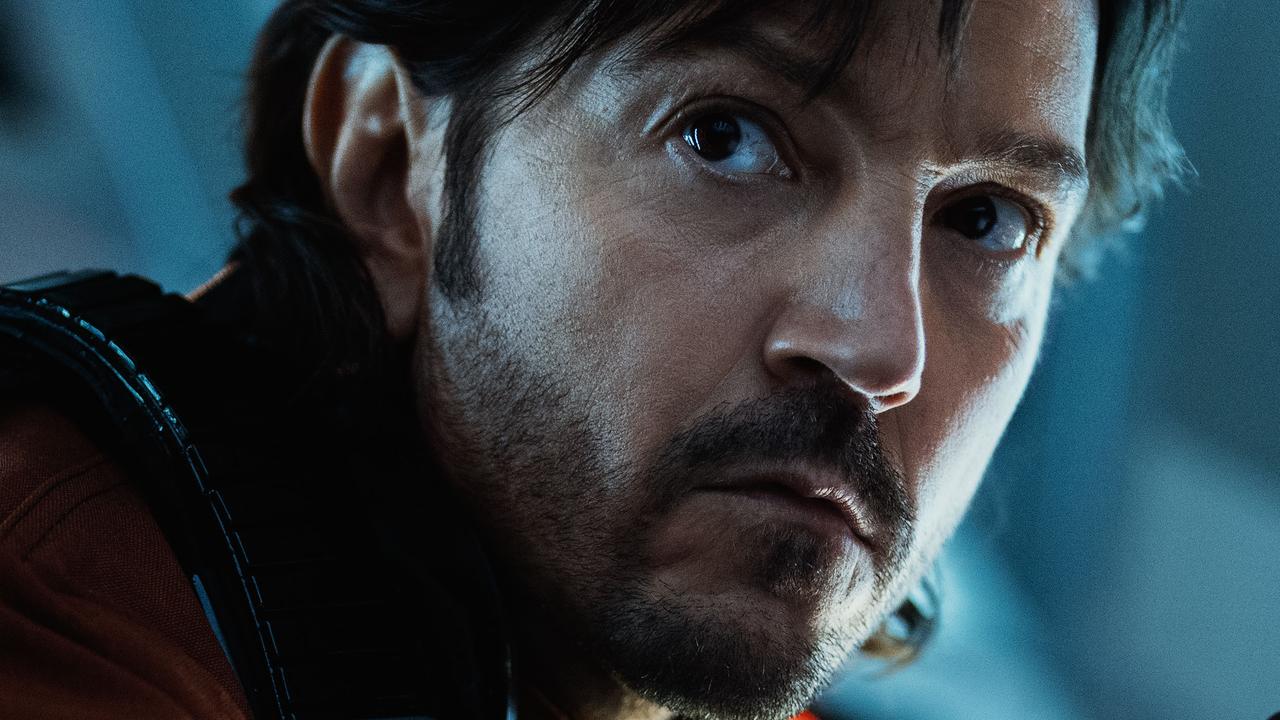Perry Mason: Why a 1932-set TV series feels so urgent and contemporary
Some people are definitely going to cry “political correctness”, but the choices made in the reboot of a classic are urgent and necessary.
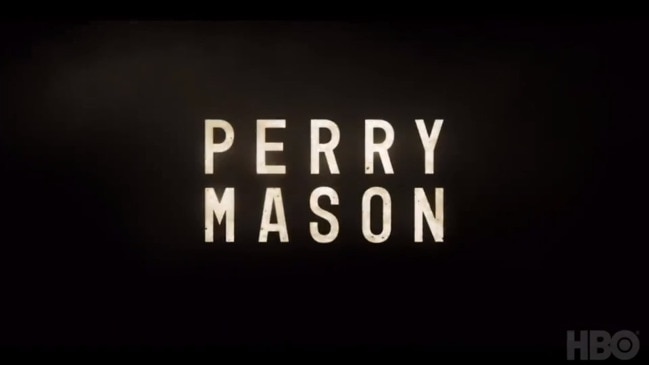
It may be set in 1932 but the revamped Perry Mason series couldn’t be more urgent and contemporary about the turmoil we see played out in the streets, on the news and on social media today.
The 1930s Depression-era Los Angeles noir setting gives the upcoming HBO series, starting on Foxtel* on Monday, the perfect sandbox to explore issues of corruption and institutional power.
In the series, Perry Mason (Matthew Rhys), not yet a lawyer but a private eye, is hired to work a case in which a kidnapping for ransom plot becomes a murder case, where the police force strives to pin the crime on the parents and let it play out sensationally in the press.
Mason is doggedly pursuing justice for his client, but the truth is a murky one when the power structures of the era are actively working against you.
“Even though this is a period show, it’s so relevant to the racial, socio-economic and political climate of today,” Chris Chalk says.
Chalk’s performance of Paul Drake is one of the radical changes this iteration of Perry Mason makes. In the classic 1957 TV adaptation of Erle Stanley Gardner’s Perry Mason stories, the character of Paul Drake was an established investigator working for the lawyer.
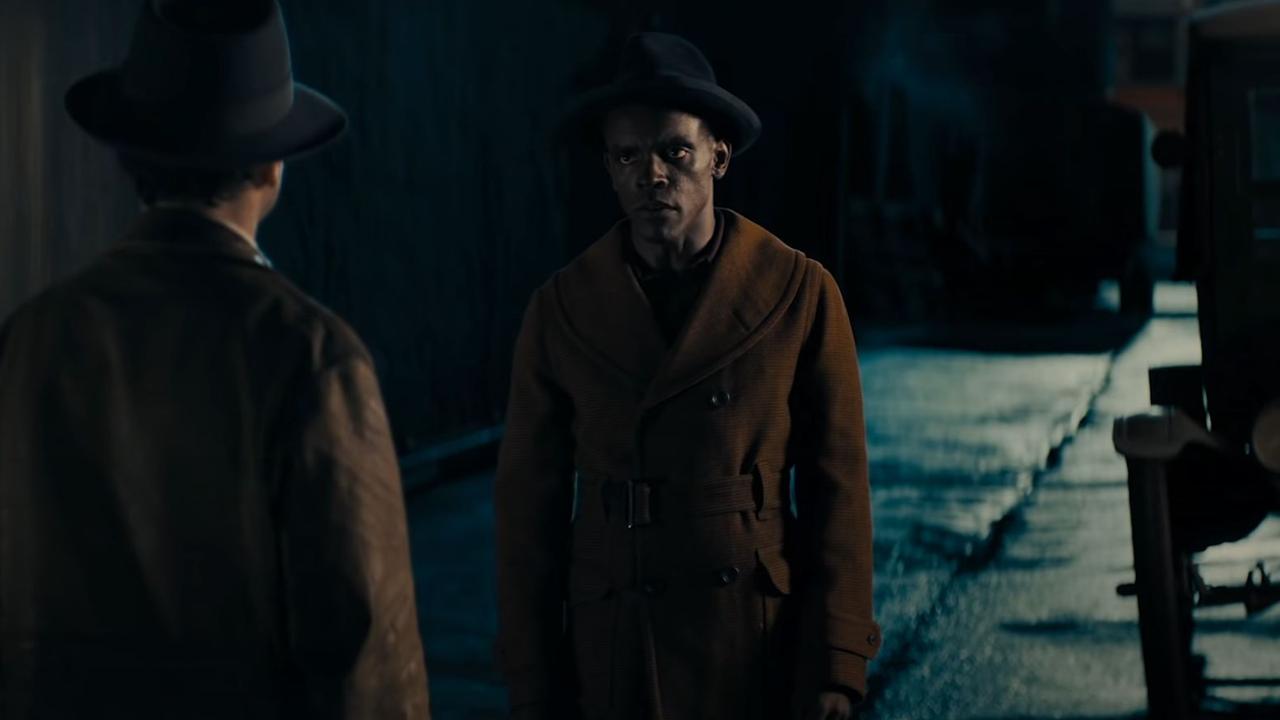
RELATED: Matthew Rhys on how his Perry Mason is radically different
RELATED: The first movies to be released in reopened cinemas
Here, he’s a young black cop under pressure from his white bosses to bend to the will of a corrupt police force. Chalk says he was excited about playing this iconic character, but because it was so different, he didn’t feel any obligation to rehash the performance given by William Hopper.
“He was a tall, old white man and I’m a not-tall, dark-skinned black man,” Chalk says, before adding with a laugh, “I’m not short but I’m not tall, and obviously I have issues with that!”
Chalk, who may be familiar to viewers from his work on The Newsroom, Homeland and When They See Us, was a fan of the old TV series, recalling that it was always on at his grandparents’ house when he was young, and was still “gripped by it” despite the lack of representation.
“It’s really nice that TV has evolved to the point where we get to go home with people of colour and see their narratives, because it wasn’t the most common thing. Typically, we were just pawns in storytelling and now it’s nice to a part of a show where it is the story being told.”
It’s not just that Paul exists in this world, but the series takes pains to explore to Paul’s world, at home with his wife and in his community where there’s talk of organising.
Susan Downey, who executive produced Perry Mason with husband Robert Downey Jr, revealed it was always the intention to feature more diversity on the screen.

Settle in with the world’s best shows on Foxtel. New customers get a 10-day free trial
“We thought there was an opportunity,” she says. “The two directives we gave the writers was we needed strong female black characters and we needed diversity because that’s our audience today.
“And those stories existed back then. We didn’t have to fabricate Paul Drake’s experiences or what he deals with in the show.
“There were many things happening with minorities [in 1930s Los Angeles] that we wanted to shine a light on, many stories to tell.”
Downey’s argument will serve as a direct response to what will be an inevitable reaction from some segments of the public who will decry the changes in Perry Mason as some kind of “political correctness”.
But she, writers Ron Fitzgerald and Rolin Jones and director and executive producer Tim Van Patten say that the inclusion of black characters, Latin X characters and LGBT characters means this 2020 version of Perry Mason is more representative of the era than the actual films of that time which excluded non-white stories from popular culture.
“Those stories weren’t represented in the classic films that you’ve seen from the 30s and 40s. This is probably a more accurate version of the 1930s,” Van Patten argues.
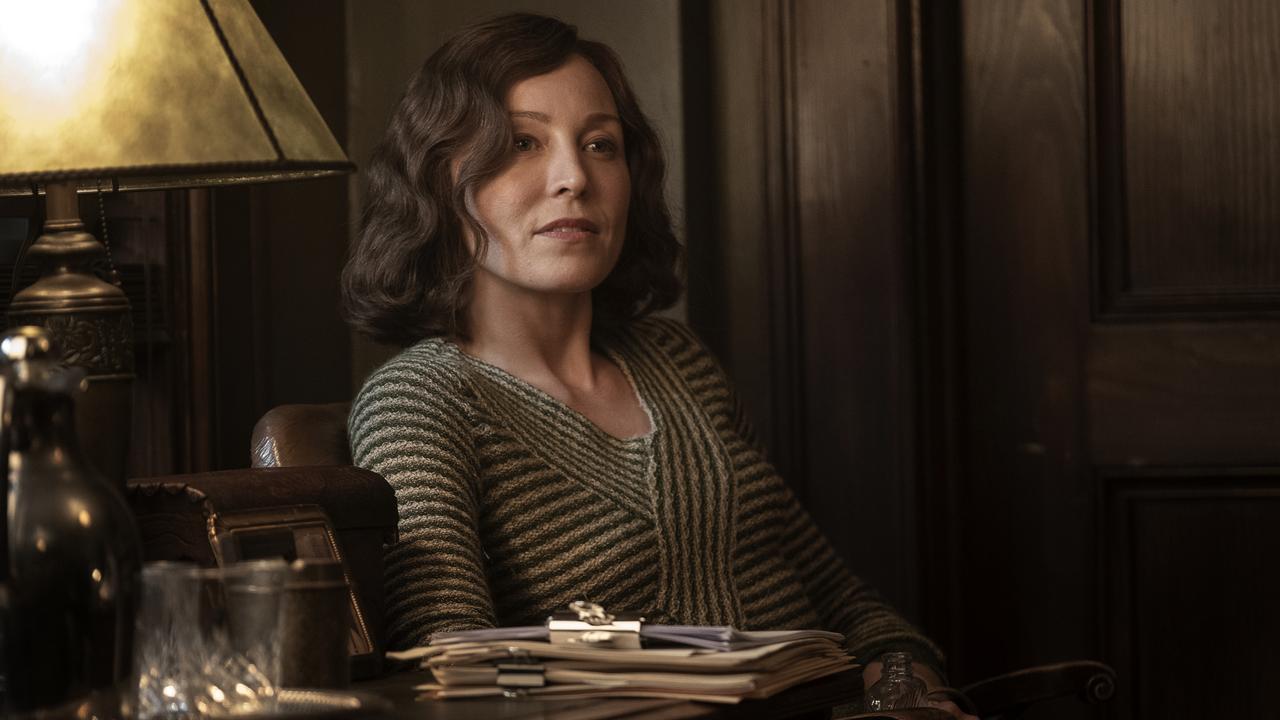
Juliet Rylance takes on the role of Della Street, which in the 1957 TV series is Mason’s secretary. She shuffles papers, makes Mason tea and helps him out at the office.
In this version, Della is a more active participant in the story, but Rylance still felt the constraints of Della’s life.
“When I was walking around, filming these scenes with everybody in period clothing, standing on the steps of City Hall in Los Angeles, I couldn’t help but feel what it must’ve been like to be a woman trying to have a career, make a life, pay her rent and trying to do something good in the world,” Rylance said.
“I felt it in those scenes of a terrible ceiling she couldn’t push through. Della is a highly capable, very intelligent, gutsy and strong woman and yet she’s having to twist herself into a tight box to fit and make things happen.”
Paul, Della and even Mason are positioned as three outsiders heaving against a broken system that will do anything to preserve its unjust power.
Downey says: “It’s what binds them, as different as they are from one another. It’s what makes them a formidable team. They all have moral compasses that point in roughly the same direction.”
It’s a common noir trope to feature uncaring, corrupt institutions – seen in hard-boil detective films including Chinatown and LA Confidential.
What’s fortunate for the series but unfortunate for the world is that this 1932-set story, which was filmed last year, is now as relevant as it was 90 years ago.
“There are parallels in our show with what’s recently happened in our country,” Jones says. “It’s an unfortunate mirror but it’s a mirror.”

Chalk’s character, a young black cop who not only witnesses wrongdoing from his white superiors but has no power to fight back without risking his and his family’s physical welfare, is a particularly intriguing prism through which to examine the grossly uneven power dynamics at play.
“It’s a huge topic right now, not just corrupt police but how does television deal with corrupt police?” Chalk says. “It’s a new narrative that we’re starting to explore. I think we address it in a very honest, very real way. It’s also a story that’s pulled from real life and it’s painful when you know that.”
Fitzgerald argues that there are many aspects of the show that “correlate exactly” to what’s going on in the world today, referencing the Black Lives Matter movement that has resurged in the wake of the police killings of black men George Floyd and Rayshard Brooks.
RELATED: Practical ways you can support Black Lives Matter
“We were looking at the notion of justice and how did Perry Mason come to have his particular notion of justice? Which is really to fight for the innocent.
“We wanted to depict real situations for real people, and unfortunately, that hasn’t f**king changed in almost a hundred years.
“There have been plenty of warning signs that sh*t was going on, it’s not the first time someone was killed by the cops, it’s been happening.
“One of the big questions that’s coming up now is are we a nation of law or aren’t we?
“America is supposed to be a nation of laws, and if we are, then the law applies equally to everyone, and if we aren’t, then they don’t. Right now, they don’t, and that’s a really frightening, sh*tty place to be.”
Perry Mason starts on Monday, June 22 at 8.30pm on Fox Showcase and Foxtel Now
Share your TV and movies obsessions | @wenleima
*Foxtel is majority-owned by News Corp, publisher of news.com.au



